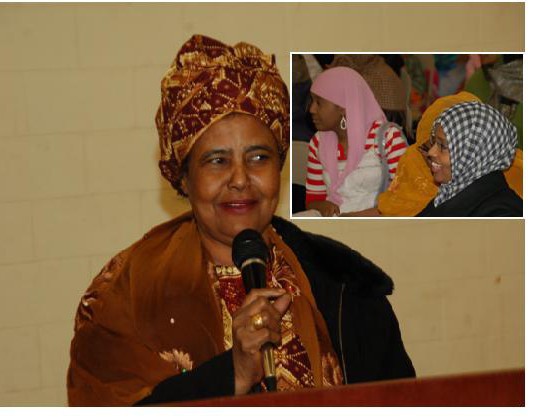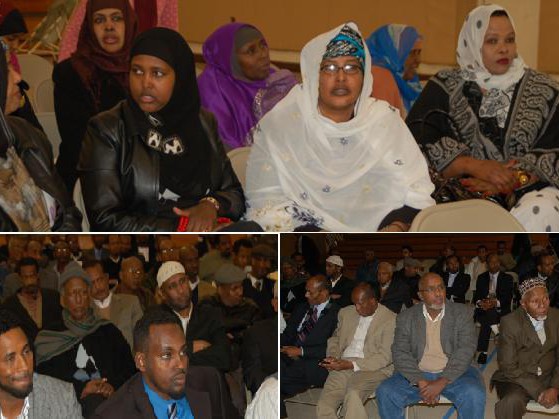Corrections of Concepts!
Our youth is our future. They are the seeds that will one day flourish and prosper into the garden of tomorrow. They are expected to become the next generation leaders in our society. However, before they mature, they will need proper nurturing and loving care. Our youth needs to be loved, educated, and disciplined. Unfortunately, society has created numerous unfavorable pitfalls that force many young adults to abandon hopes to lead a normal life and search for salvation in the world of crimes and gangs.
Youth in criminal activities is a real issue that affects a great number of our communities where teenagers face prison terms that later influence their life. Although youth gang activities grew in numbers and sizes across the Somali community, the criminal behavior and violence they generate are little known. The dynamics that drive their circumstances and growth are highly essential to prevent.
Teenagers usually struggle to define themselves and their place in the world. They decide to associate with certain groups because their members share similar beliefs, attitudes, or interests. Thus, Gateway Institute provides programs that deal with preventing violence related to gang and extremist ideologies. It prepares a young person to meet the challenges of adolescence and adulthood and achieve his or her full potential.
Under such circumstances, teens look to others to fulfill their basic needs as companionship, understanding, and emotional support. And when parents have not met these needs sufficiently, teens become vulnerable to joining gangs.
Among the youth leadership training include interpersonal conflict to examine:
1. The Nature of Conflicts;
2. Perspective on Conflicts;
3. Interests and Goals;
4. Power: The Structure of Conflicts
5. Conflict Styles
6. Emotions in Conflicts
7. Analyzing Your Conflicts
8. Interpersonal Negotiation
9. Third-Party Intervention
10. The Practice of Forgiveness and Reconciliation
Rehabilitation
Religion extremism is the first issue that most of the youths from Somalia are dealing with. It affects teenagers and younger men who don't have enough knowledge about Islam that makes them venerable to those extremists who focus too narrowly on certain aspects of Islam to justify their cause of violence. Rehabilitating youths start with acceptance. Its activities combated by understanding. Below is the program that deals with preventing violence related to religious extremism.
Preventing Adolescent Gang Involvement:
- Participants include sixteen (16) years old and their families.
- Demographic Area: Local districts in Somalia
Goal #1: Make Youth Lead Successful and Productive Lives,
Objectives:
(a) Increased self-esteem, increased popularity, increased sense of personal control, and enhanced identity development;
(b) Better development of such life skills as leadership and speaking in public, decision-making, and increased dependability and job responsibility;
(c) Greater communications in the family;
(d) Fewer psychosocial problems, such as loneliness, shyness, and hopelessness;
(e) Decreased involvement in risky behaviors such as drug use, and decreased juvenile delinquency;
(f) Increased academic achievement; and
(g) Increased safety (youth feel safe at home, in school, and in their neighborhood).
Gool #2: Combat Extremism
Objective:
1. Identify literature that focuses too narowly on certain aspects on Islam that those extremists have used to justify their cause of violence.
2. Provide youth violence and crime prevention workshops with the empesis of civic education, job development including soft skills, financial literacy, and entrepreneurship training.
3. Support parent's engagement on thier child's education activities to close accademic achivement gap among all student groups.
4. Provide soft skill training that improves interpersonal work place skills by understanding how their personal beliefs may conflict with the unspoken rules of the work place.
5. Insure all students attain the hightes level of achivement and become contributing member of society.
6. Promote peace and preventing youth radicalization by identifying Islamic extremism interdependency stages.



